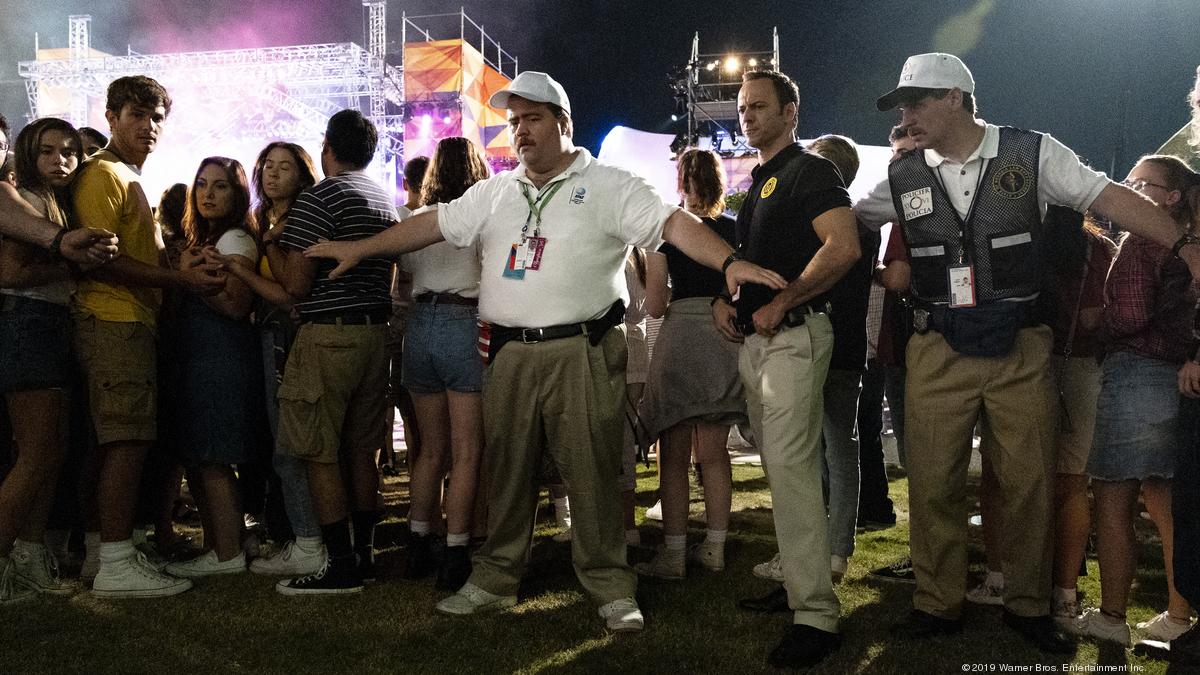
As he’s morphed from movie star to star movie maker, Clint Eastwood’s late career has tended to two categories, as distinct as cowboys in black and white hats. There’s the deeper philosophical glimpses into human frailty (The 15:27 to Paris, Sully, J. Edgar); then there’s the hands-off-bystander director who shoots simpler stories (Gran Torino, The Mule, Unforgiven). Thankfully, Richard Jewell belongs in the latter camp of complicated heroes seeking simplicity./cdn.vox-cdn.com/uploads/chorus_image/image/63565045/film_review_the_15_17_to_paris_74069523.0.jpg)
The 89-year-old director brings his no-fuss persona to Jewell, and it proves an apt fit for Jewell’s story, allowing the brimming tension of Billy Ray’s script and a handful of strong performances to stand out. While the muted drama is familiar and likely won’t win Eastwood any new fans as a filmmaker, it won’t mar his reputation, either. The low-key approach feels at once timely and old-fashioned — a character study from another era designed to comment on our own, particularly along the media landscape.
Jewell explores the eponymous odyssey of its real-life character, in a cautionary tale of heroism gone awry on a very public stage: In 1996, the security guard happened upon a bomb at Centennial Park during the 1996 Summer Olympics in Atlanta, Georgia. The blast ultimately killed one person and injured more than 100, but could’ve been worse if it weren’t for Jewell successfully identifying the makeshift explosive tucked in a backpack under a bench just before detonation. But without a promising suspect, the FBI made Jewell its primary suspect, and mass hysteria ensued as the FBI combed through Jewell’s life to build a believable case.
While Captain Phillips writer Ray adapts Marie Brenner’s Vanity Fair article into a sturdy scaffolding to retell those events, Eastwood’s veteran hand provides the tension: The harrowing explosion at Centennial Park — with bodies, limbs, and blood sprayed across the park — can’t help but think of the Boston Marathon and Vegas mass shootings. It may be set in the 1990’s, but Jewell‘s release timing was no accident. While the film is set in the mid-1990s, Eastwood chose to tell this story now for a reason.
At the cross hairs of a mayhem is Paul Walter Hauser’s Richard Jewell. A newcomer to leading roles, Hauser previously starred as one of the white-trash thugs in I, Tonya. Yet he delivers was one of most potent, retrained turns of 2019. Forget his dead-ringer likeness of the real man; despite Jewell‘s macabre material, Hauser gives his character a cringe-worthy sincerity — you want to scream at the screen for him to tell the FBI off. But neither he nor the film are interested in Hollywood little-guy convention. 
Even as Hauser’s performance lends the film a darkly comic edge, Eastwood’s solemn filmmaking never mocks his protagonist (Jewell died at 44 in 2007). The director even acknowledges those who still believe in Jewell’s involvement, and the movie manages to sidestep becoming a political screed about the inevitable injustices of power.
The stark exception would the role of Olivia Wilde, who plays real-life Atlanta Journal-Constitution reporter Kathy Scruggs. Eastwood holds back little fury at the press, which he accuses of sleeping with investigators to sell papers (the AJC has demanded a credit-roll-correction in the film, which Warner Bros. has not recognized). The media frenzy took on such a loathsome life of its own in the scandal, it seems odd to attack an individual journalist, and the side rant slows Jewell.
But not enough to undo it. Kathy Bates turns in her best performance in years as Jewell’s mother, Bobbi. And Sam Rockwell’s performance as Jewell’s attorney Watson Bryant gives Jewell its terrific moments of comeuppance.
Like predecessors Spotlight and Nightcrawler, Jewell is a story of what happens when what is reported as fact obscures the truth. It may have taken 13 years to tell the step-back story of Richard Jewell. But Eastwood makes a strong case that hearing all sides is worth the wait.
